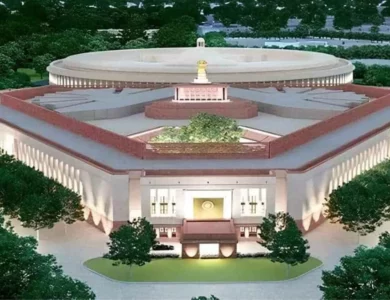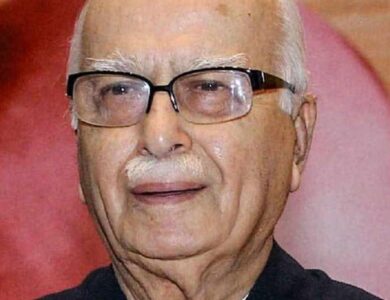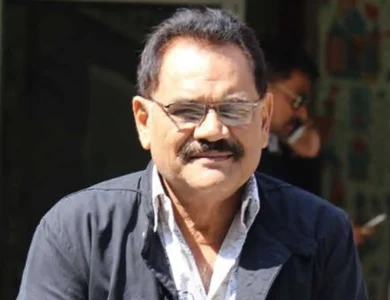Chief Election Commissioner Rajiv Kumar, addressing the media at a press conference convened at Vigyan Bhavan in New Delhi, outlined the comprehensive plan for conducting the elections. The elections are scheduled to take place as follows:
- Phase 1: Polling on April 19 ( Northeastern states, Tamil Nadu, Rajasthan, Chhattisgarh, Madhya Pradesh, Uttarakhand, Jammu and Kashmir, and other states (21 states).
- Phase 2: Polling on April 26 in the southern part of Karnataka.
- Phase 3: Voting on May 7 in parts of northern Karnataka.
- Phase 4: Voting on May 13.
- Phase 5: Voting on May 20.
- Phase 6: Voting on May 25
- Phase 7: Voting on June 1.
The counting of votes is scheduled for June 4. Additionally, there are 26 assemblies where by-elections are due, and the ECI will be overseeing these elections, including in Karnataka’s Shorapur constituency.
Kumar underscored the monumental scale of the electoral exercise, emphasizing India’s status as the largest and most vibrant democracy globally. According to the latest data provided by the ECI, a staggering 97 crore individuals are registered as voters across the country, highlighting widespread participation in the democratic process.
Breaking down the voter demographics, Kumar revealed that the electorate comprises 49.7 crore males and 47.1 crore females. Additionally, there are 1.8 crore first-time voters in the age bracket of 18-19 years, reflecting the influx of new voices into the electoral landscape. Notably, the ECI also noted the presence of 88.4 lakh Persons with Disabilities (PwD), 19.1 lakh service electors, 2.18 lakh centenarians, and 48,000 transgender individuals among the registered voters.
In a bid to ensure inclusivity and accessibility in the electoral process, the ECI announced novel initiatives. Election officers will visit elderly voters aged above 85 years, issuing Form 12 D to facilitate voting from their homes. Similarly, individuals with disabilities exceeding 40% will have the option to cast their votes from their residences.
The ECI also disclosed receiving 13.4 lakh advance applications from individuals aged 17, who will attain voting eligibility upon turning 18 by April 1, 2024, streamlining the registration process to encourage maximum participation among eligible voters.
Moreover, the ECI reaffirmed its commitment to conducting violence-free elections, mandating the transfer of officers serving in constituencies for more than three years. Additionally, measures are being taken to prevent the misuse of money, with enforcement agencies collaborating to deter the distribution of freebies, liquor, and cash during the electoral period.
As the nation gears up for the Lok Sabha elections, anticipation mounts as political parties prepare for spirited campaigns to engage the electorate,








